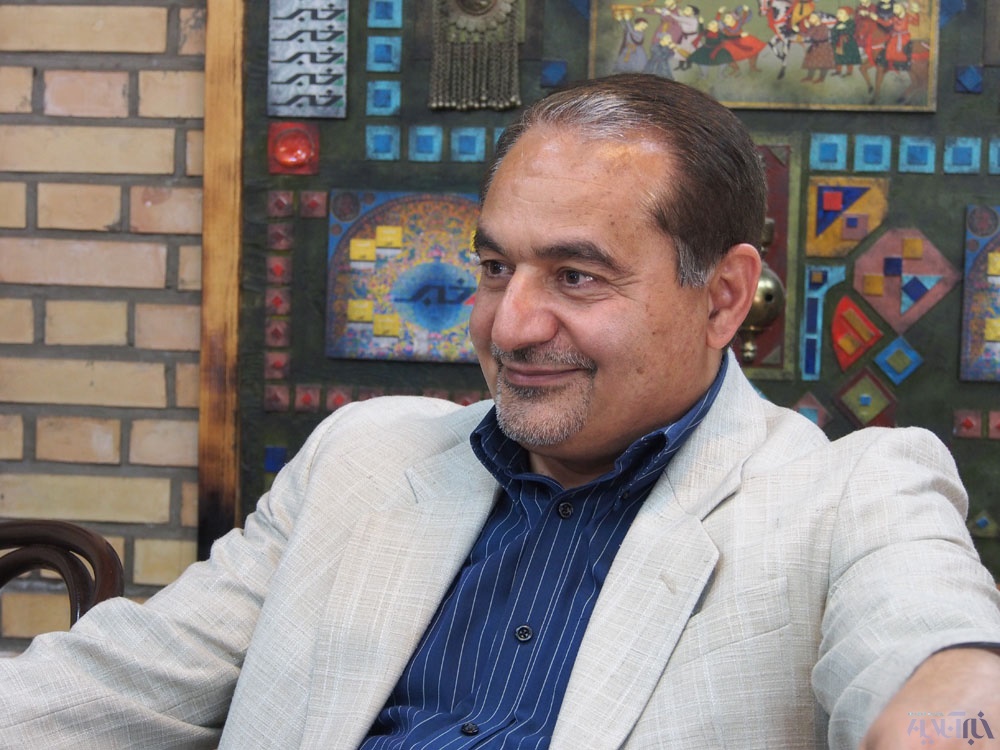There are perhaps two exceptions. The first occurred during former US President Barack Obama’s second term, when he tried an engagement policy with Iran. It was a success: a long-lasting nuclear crisis was resolved through diplomacy, alongside other positive developments, including the swift release of detained US sailors.
Regionally, Iran agreed to attend international negotiations to resolve the Syrian war, sitting with adversaries the US and Saudi Arabia, and Iran and European powers made progress in talks to end the Yemen war.
Maximum pressure policy
Former US President George W Bush once warned that a nuclear-armed Iran could lead to World War Three. Through the Iran nuclear deal, agreed between world powers and Iran, Obama laid a new foundation on nuclear disarmament, noting that Iran had agreed “to the most robust and intrusive inspections and transparency regime ever negotiated for any nuclear programme in history”.
By withdrawing from the nuclear deal and pursuing a “maximum pressure” policy, Donald Trump has secured a legacy of being the first US president to launch a political, security and economic war on Iran - a second exception to the norm in bilateral relations.
Moreover, he ordered the assassination of the most popular Iranian general, Qassem Soleimani, by drone strike in January. In retaliation, Iran launched a barrage of missiles on a US military base in Iraq, injuring 109 troops - the first military strike by a nation on a US military base by any country since World War Two.
In pursuing such dangerous actions and policies, Trump has pushed the US and Iran to the brink of war.
Yet, neither Trump nor Iranian leaders genuinely desire war. The question today is whether rapprochement between the two countries is realistic anymore - and if not, how can we prevent all-out war? There are two reasons to believe that an effective rapprochement is not realistic - at least not during the first term of Trump’s presidency.
Firstly, Trump has crossed many Iranian red lines, recklessly designating the Revolutionary Guards as a terrorist group, ordering the assassination of Soleimani, and sanctioning Iran’s supreme leader and foreign minister, both of whom are key to the negotiations process.
Secondly, detente will be impossible as long as Trump continues to follow the Israeli playbook. Israeli Prime Minister Benjamin Netanyahu has revealed that he requested Trump to impose maximum pressure on Iran, pull out of the nuclear deal and designate the Revolutionary Guards as terrorists.
Containing tensions
Furthermore, former Secretary of State John Kerry revealed that Saudi Arabia, Egypt and Israel urged the US to bomb Iran. It is thus vital for maintaining international peace and security to contain the rising tensions between Washington and Tehran and prevent a possible war. A number of practical measures could lead to that end.
Firstly, a reliable and highly confidential channel should be established for unofficial communications between Tehran and Washington on sensitive issues. Both sides should have a chance to clarify their intentions, communicate red lines and correct possible misperceptions.
Iranian President Hassan Rouhani walks past a portrait of Supreme Leader Ayatollah Ali Khamenei in Tehran on 16 February (AFP)
A limited deconfliction channel should be used in specific areas of operation of mutual concern, such as Iraq, Syria and the Strait of Hormuz. Localised incidents or actions by armed groups that could trigger a broader regional conflict must be managed and contained.
In addition, possible confidence-building measures and other ideas to maintain the current tactical pause should be tested, while both sides work towards de-escalation. There must be an exchange of views to determine how a direct or indirect dialogue could be initiated, addressing the broader security concerns of both sides.
Finally, the US, Iran, Iraq and Saudi Arabia should establish regular lines of communication to avert potential misunderstandings, and to ensure that they can calm things down before a situation spirals out of control.
Maintaining peace
To achieve success, both sides must take small, but concrete steps to build confidence and establish credibility. In the current situation, larger steps will not work. But after de-escalation, there could be a chance for a breakthrough in relations, especially after the upcoming US and Iranian presidential elections this year and next.
Any possible future deal will require a firm commitment to the nuclear Non-Proliferation Treaty and UN Security Council Resolution 2231, which endorsed the 2015 nuclear deal.
With the US seeking assurances that Iran will never possess a nuclear bomb, this can be achieved by secularising and operationalising the nuclear fatwa issued by Supreme Leader Ayatollah Ali Khamenei, which bans the production, possession and stockpiling of nuclear weapons and other weapons of mass destruction.
Why the US will not win a war with Iran
Regionally, countries need to establish a new mechanism to maintain peace, stability and security through cooperation. US Senator Bernie Sanders, who is running for the Democratic presidential nomination, recently noted: “We can bring the Saudis and the Iranians together, tell them that we’re sick and tired as a nation [of] spending trillions of dollars on endless wars. They’re going to have to get their act together, and we have the resources to help bring that about.”
Such an initiative should include regional arms control and security building; the establishment of mechanisms to prevent and resolve regional conflicts; the preservation of the territorial integrity and sovereignty of all countries in the region; a commitment to non-intervention and non-aggression; and new mechanisms for regional cooperation on humanitarian issues, including the treatment of migrants, refugees and displaced people.
The views expressed in this article belong to the author and do not necessarily reflect the editorial policy of Middle East Eye.



Your Comment